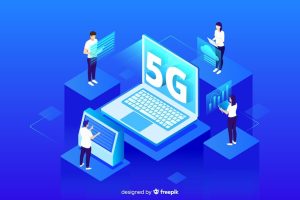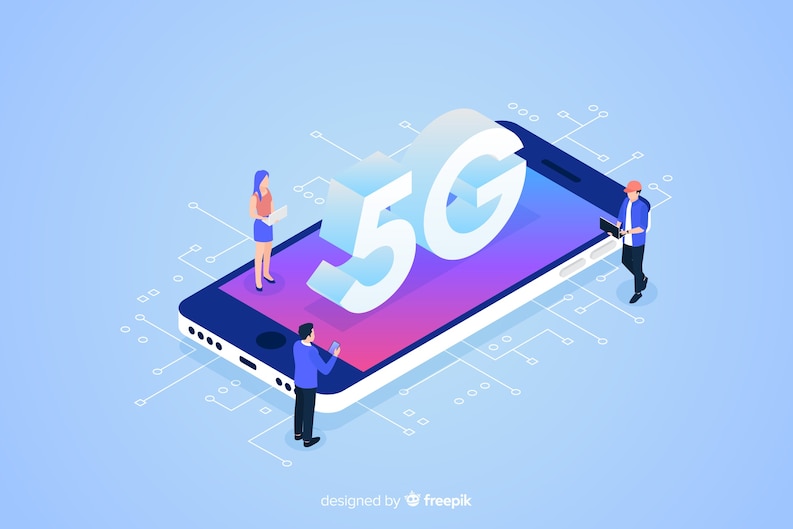Introduction to 5G Technology
The fifth-generation mobile technology, commonly known as 5G, is rapidly transforming the world of mobile internet. With its lightning-fast speeds, low latency, and increased capacity, 5G is set to revolutionize the way we connect, communicate, and experience the digital realm. This article explores the ins and outs of 5G technology, its transformative impact on mobile internet, and the incredible potential it holds for various industries.
How 5G Transforms Mobile Internet
Compared to its predecessor, 4G, 5G boasts significantly higher data rates and enhanced network performance. Its lower latency ensures almost instantaneous communication between devices, creating an unparalleled user experience. Streaming high-definition videos, online gaming, and video conferencing become seamless with 5G’s impressive capabilities. The enhanced network capacity also means more connected devices can function efficiently within a limited geographical area.

5G Applications and Benefits
The applications of 5G are diverse and far-reaching. One of the most promising aspects is its role in advancing the Internet of Things (IoT). With 5G, IoT devices can communicate with each other faster and more reliably, enabling the growth of smart cities, autonomous vehicles, and intelligent infrastructure. Moreover, industries like healthcare and education are set to undergo transformative changes, thanks to the increased efficiency and reliability of 5G networks.
Apart from personal and industrial applications, 5G has the potential to elevate public safety and emergency response systems. Real-time data transmission can enable first responders to act swiftly and efficiently in critical situations, potentially saving lives and minimizing damage during emergencies.
The Future of Connectivity: 5G’s Impact on Industries
The advent of 5G brings forth a new era of possibilities for various industries. One of the sectors set to be revolutionized is healthcare. The seamless transfer of medical data, coupled with the rise of telemedicine, will enable remote patient monitoring and telehealth services like never before. Patients in remote areas will have access to quality healthcare services, and doctors can make more informed decisions with real-time data at their disposal.
The manufacturing industry is another domain where 5G’s transformative power is evident. Smart factories equipped with 5G technology can streamline production processes, enhance automation, and improve supply chain management. The lower latency of 5G ensures minimal delays in data transmission, facilitating real-time adjustments and increased operational efficiency.
Entertainment and media will experience a paradigm shift with 5G. Augmented reality (AR) and virtual reality (VR) applications will flourish, delivering immersive experiences to users. Live streaming of high-quality content will become more accessible, and interactive experiences will redefine how audiences engage with media.
However, amid all the excitement surrounding 5G, challenges do exist. The deployment of 5G infrastructure requires substantial investment, and its implementation in rural areas may take time. Additionally, concerns regarding privacy and security need to be addressed to ensure users can harness the full potential of 5G without compromising their data safety.
In conclusion, the power of 5G is set to unleash the next-generation potential of mobile internet. Its enhanced speed, low latency, and increased capacity will revolutionize various industries and empower users with new possibilities. From healthcare to entertainment, the impact of 5G will be felt across different sectors, paving the way for a more connected and innovative future. As technology continues to evolve, 5G stands at the forefront, ready to redefine how we interact with the digital world. Embracing the potential of 5G is the key to unlocking a more connected, efficient, and exciting future.











